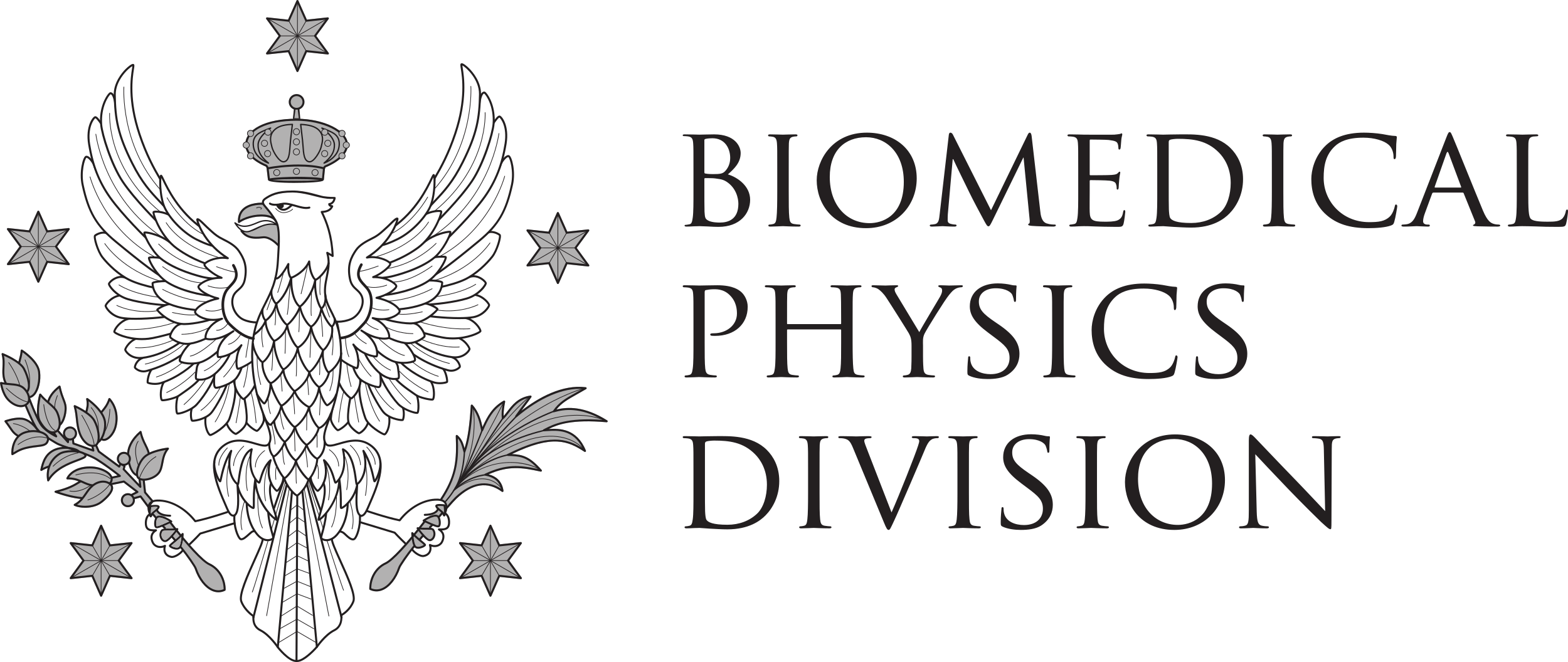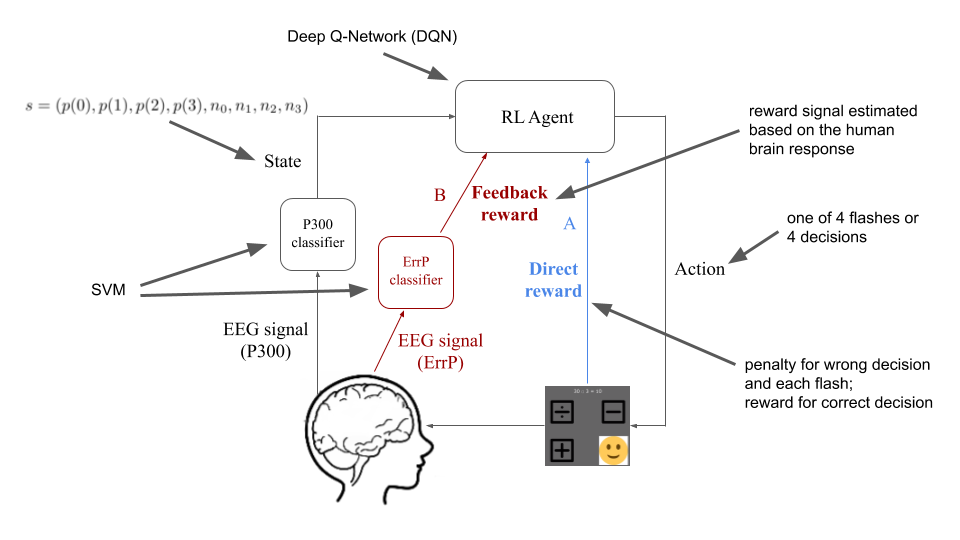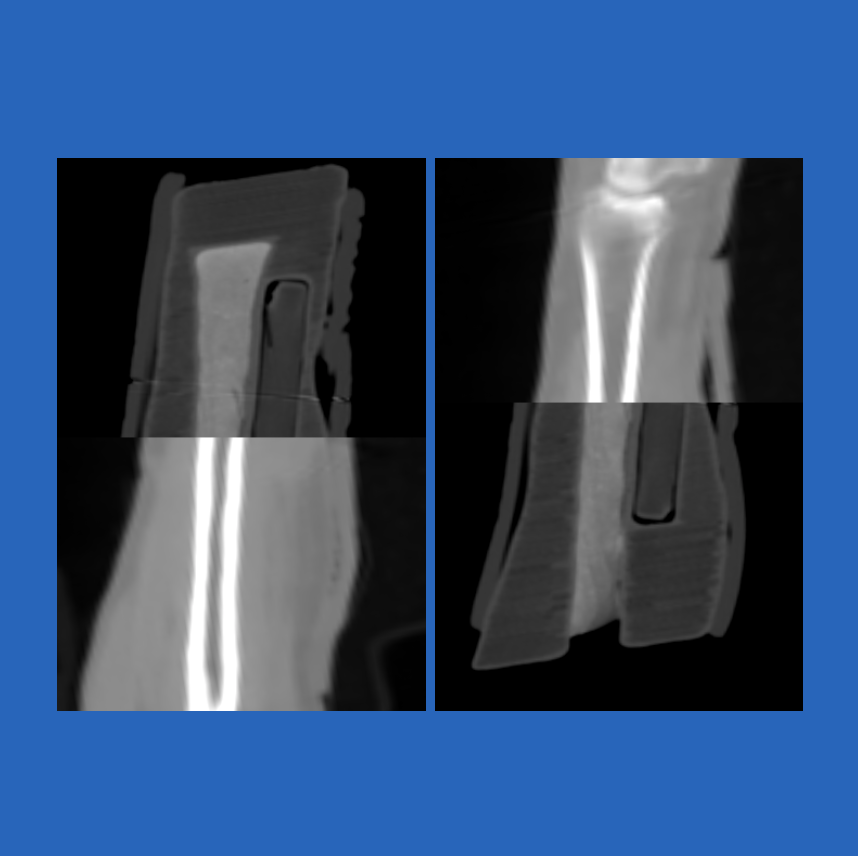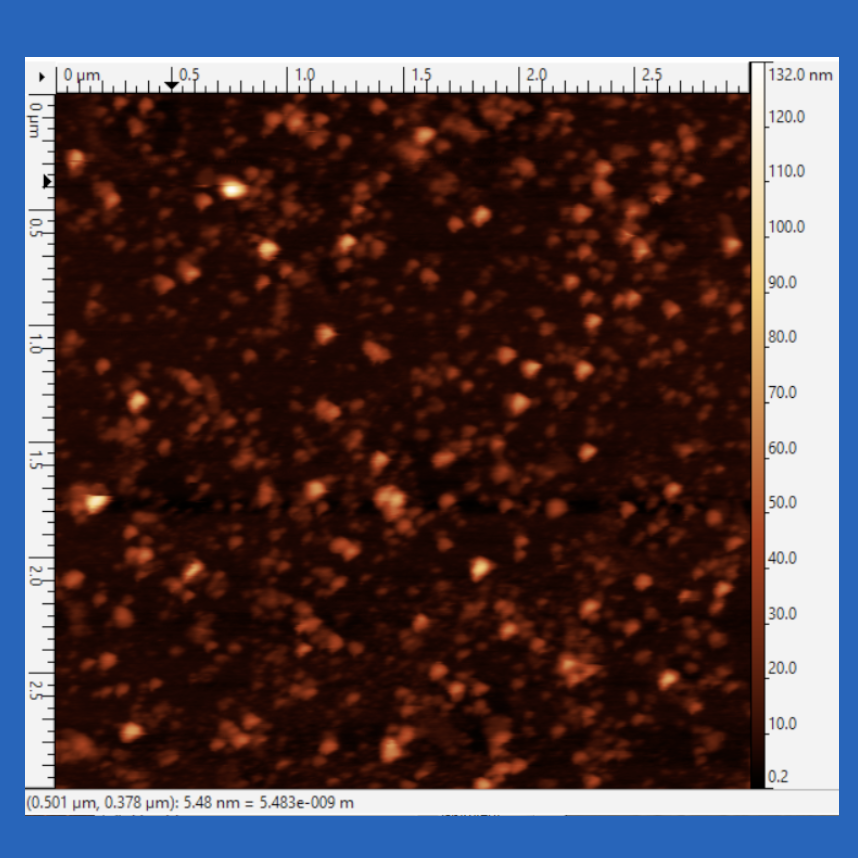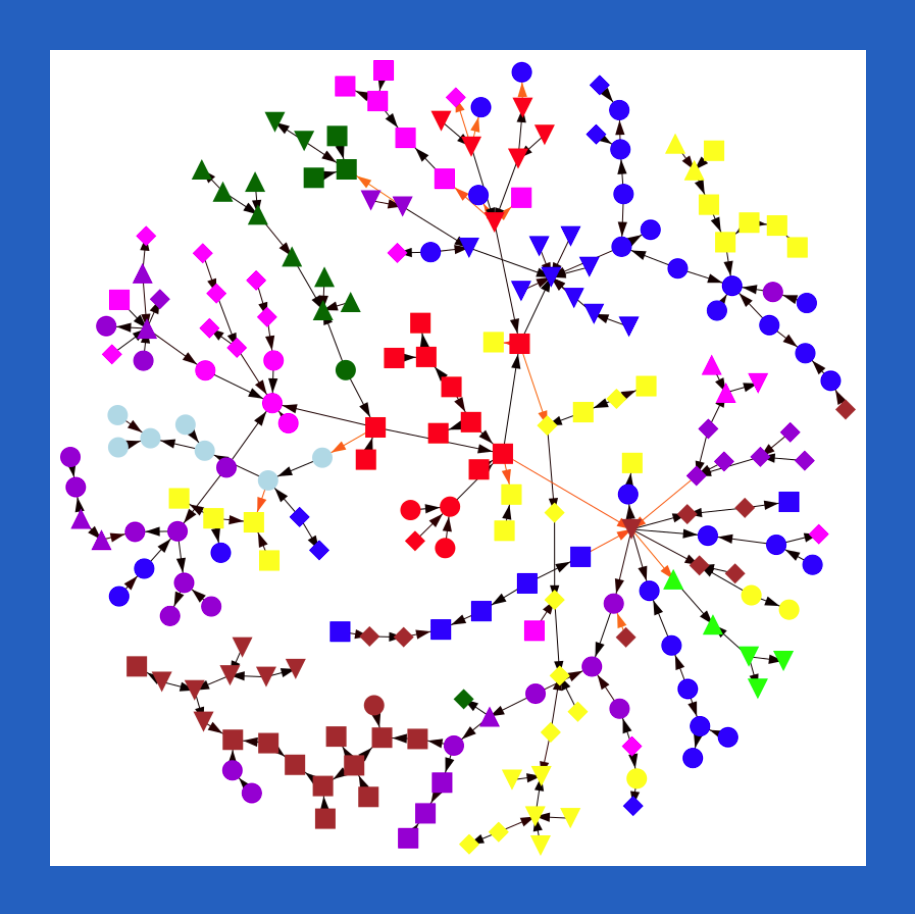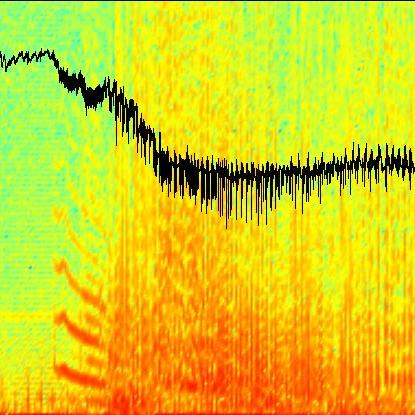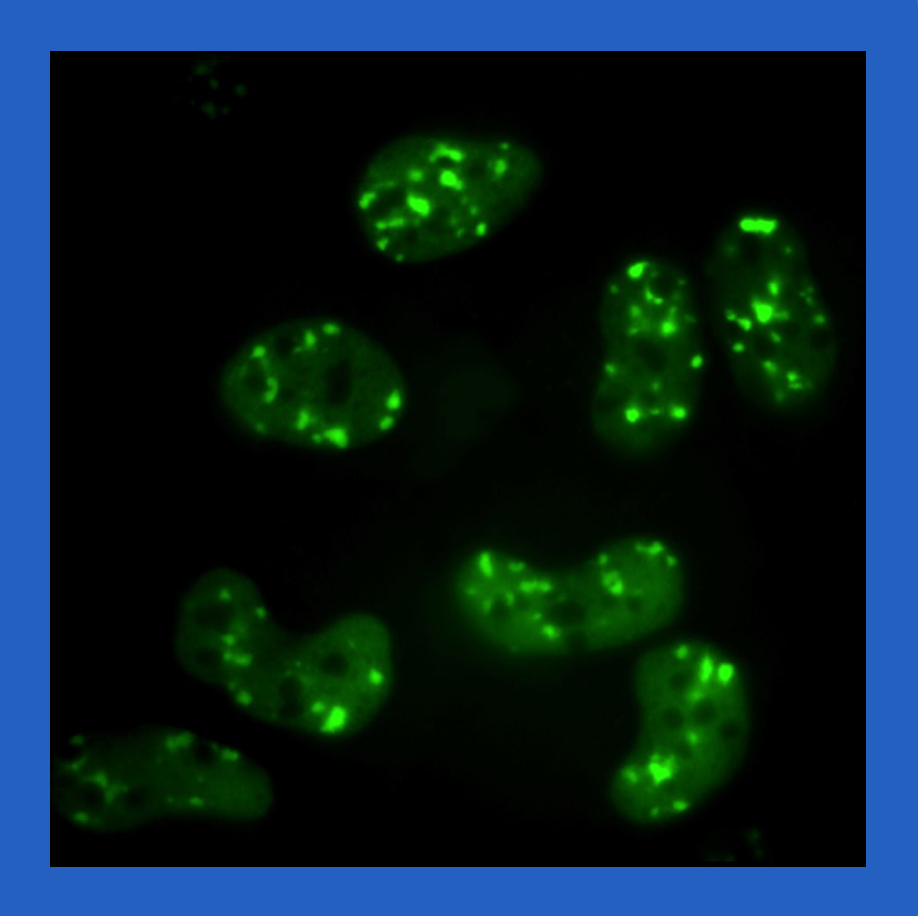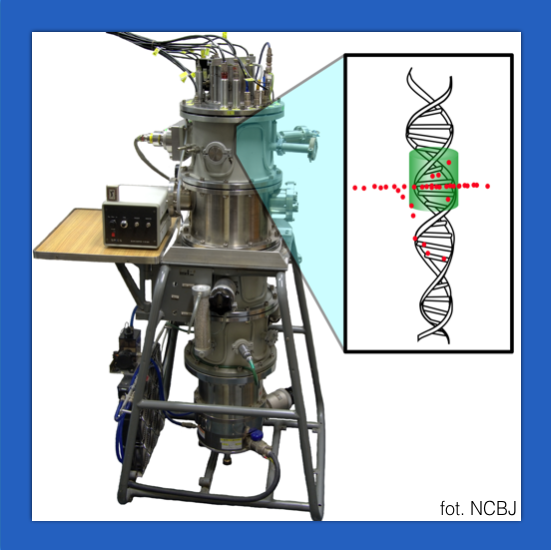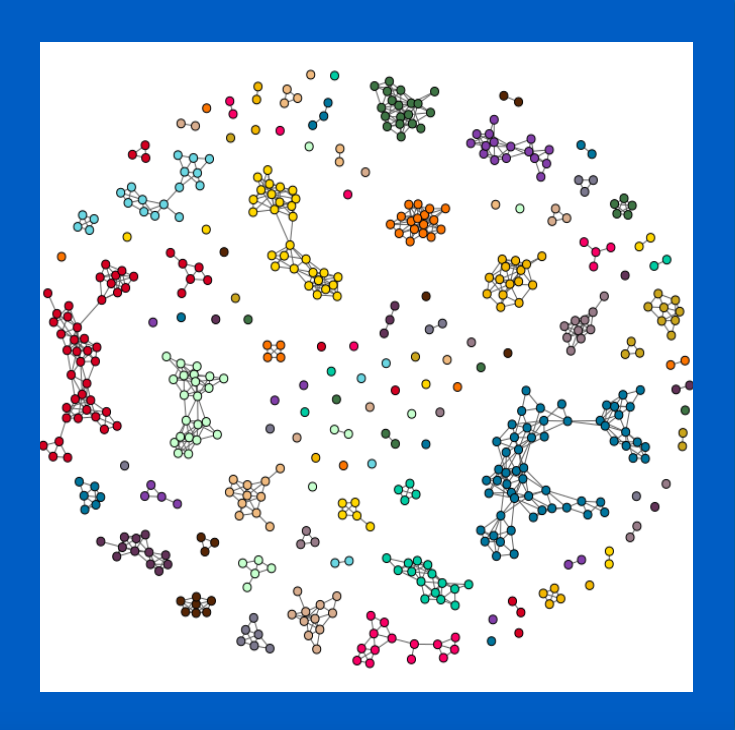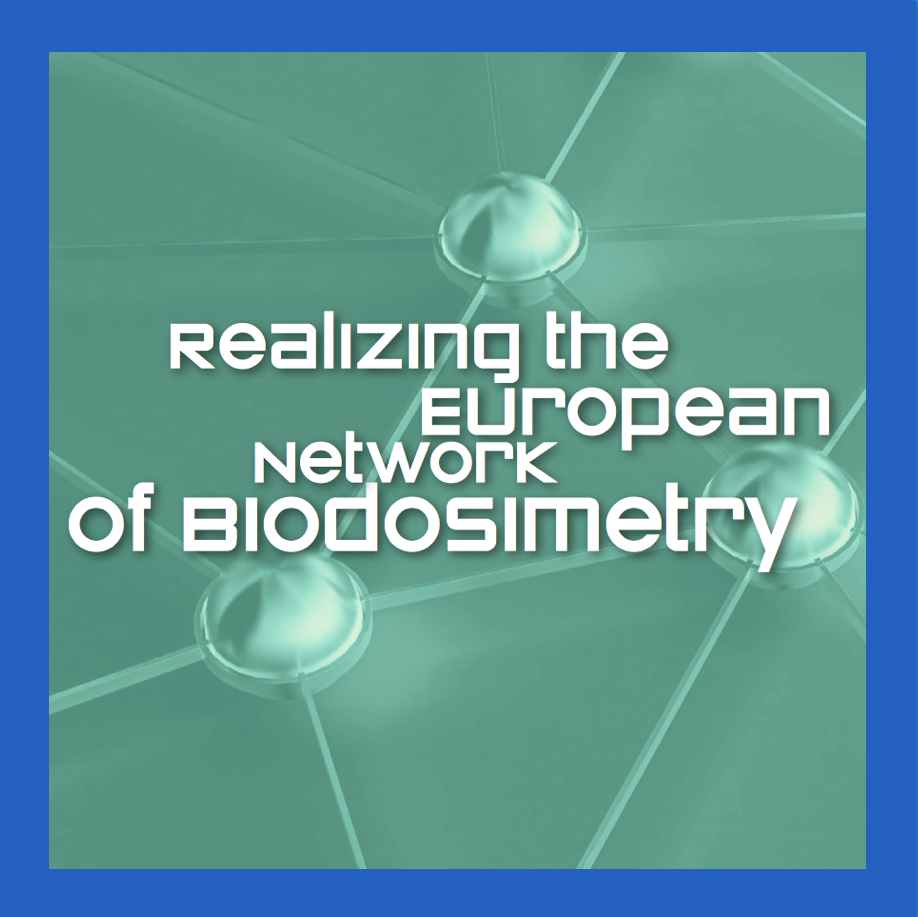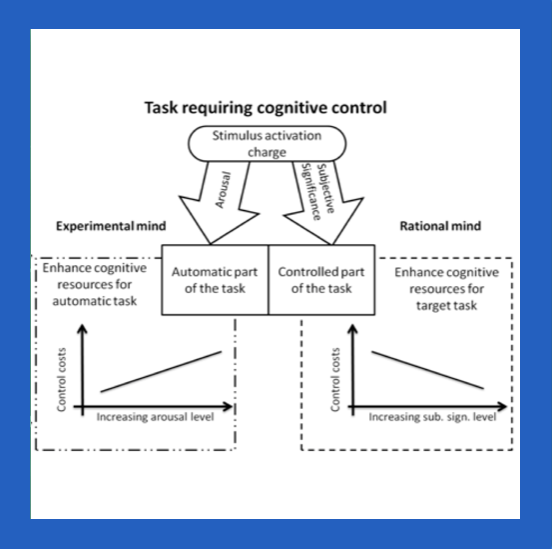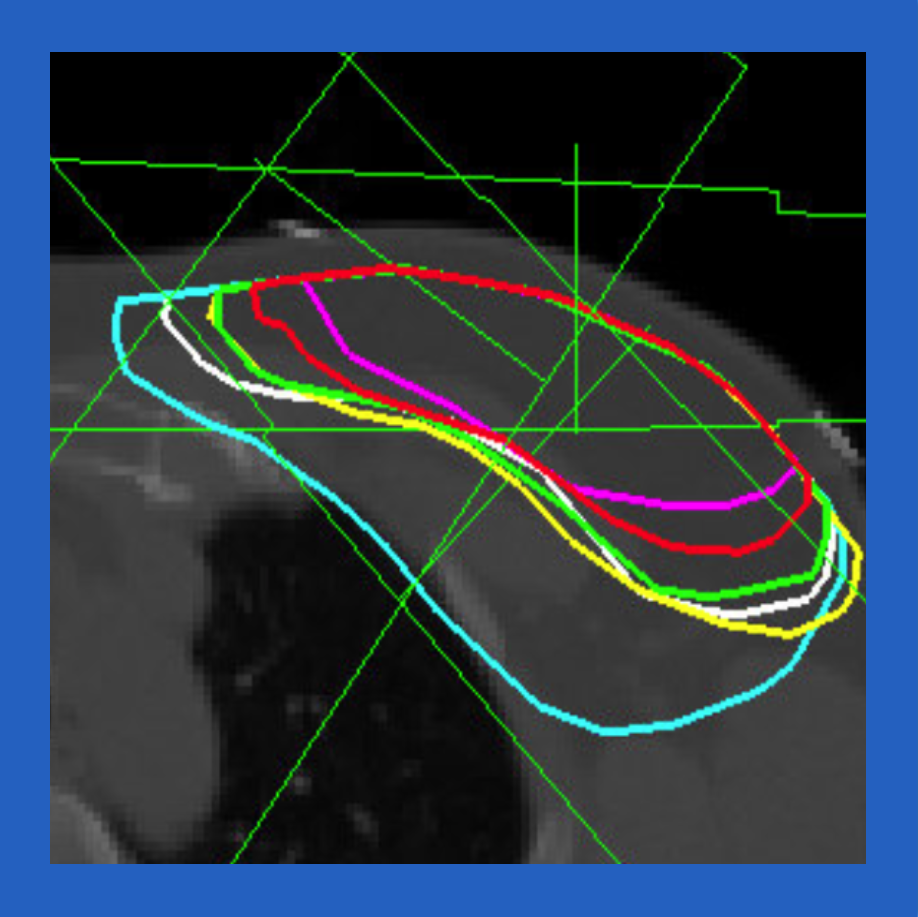- Date
- 2020-07-03
The accuracy of dose delivery during radiation therapy is crucial in the entire process of treating an oncological patient. For this purpose, a series of measurements are made before the start of the first fraction to check that the medical […]- Date
- 2020-07-03
The project’s goal is to investigate the biophysical properties of exosomes isolated from irradiated and non-irradiated prostate cancer cells employing NTA and AFM based methods. We try also to review the exosomes’ effects on prostate cancer progression, especially to the […]- Date
- 2018-09-25
Nanodosimetry has been developed to quantify the physical part of the weighting factors like radiation quality in radiation protection and radiation effectiveness in radiotherapy. Experimental nanodosimetry is aimed at direct measurement of the ionisations created by a single ionising particle […]- Date
- 2017-10-12
The clonogenic cell survival assay is a basic method to study the cytotoxic effect of radiation and chemical toxins. In large experimental setups, counting of colonies by eye is tiresome and prone to bias. Moreover, it is often interesting to […]- Date
- 2017-04-12
The aim of radiation therapy is to deliver the prescribed dose of ionizing radiation to the target volume without increasing normal tissue complications. The dose distributions calculated in the treatment planning system are depended on many parameters. One of them […]- Date
- 2017-04-12
Radiation accidents occur under several different potential circumstances which may involve different numbers of people. Good examples are the Goiania Accident involving a few hundred people (Oliveira et al. 1991) and the Chernobyl (NEA 2002) and Fukushima (NERH 2011) nuclear […]- Date
- 2017-04-10
DNA is the fundamental molecule encoding and storing the genetic information of all living organisms. DNA damage and repair is by essence a multidisciplinary line of research, and the award of the Nobel Prize of Chemistry in 2015 stresses out […]
